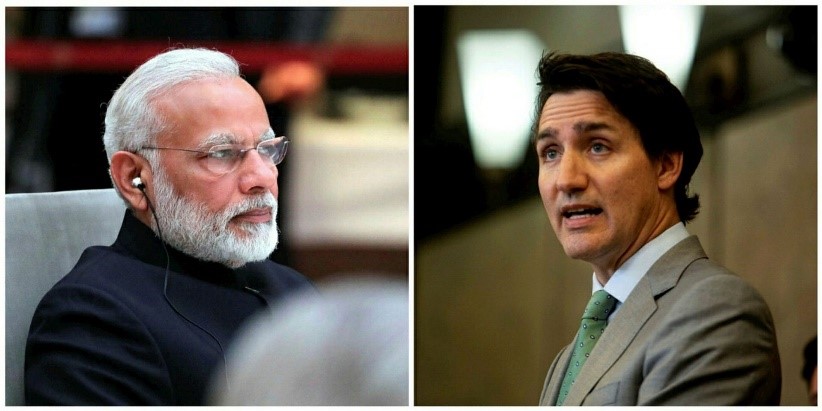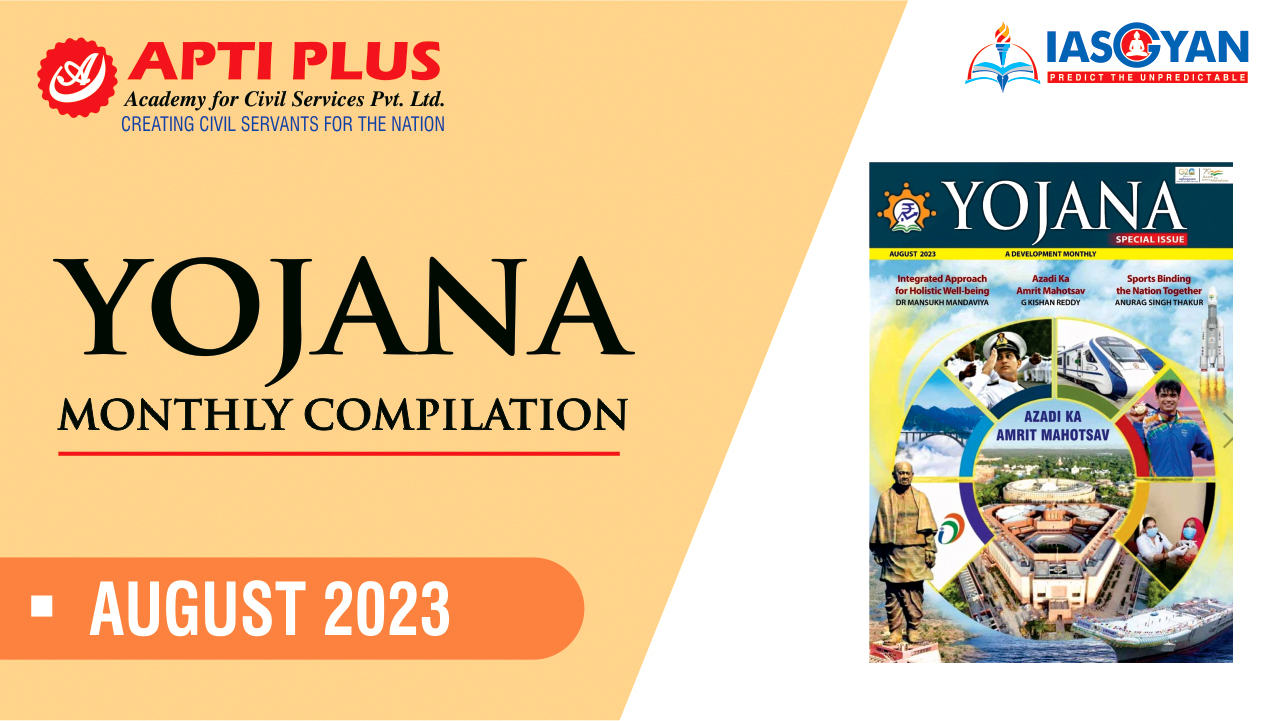Description

Disclaimer: Copyright infringement intended.
In News
- Canada’s prime minister, Justin Trudeau, announced that there was “credible” information linking Indian government agents to the murder of a Sikh separatist leader in British Columbia.
- The announcement marks a significant worsening of bilateral ties.
Background
- India’s Punjab state – which is about 58% Sikh and 39% Hindu – was rocked by a violent Khalistan separatist movement in the 1980s and early 1990s, in which thousands of people died.
- Today, that movement’s most vocal advocates are primarily among the Punjabi overseas diaspora.
- Recently, Hardeep Singh Nijjar was shot dead outside a Sikh temple in Surrey, British Columbia.
- Nijjar had campaigned for an independent Sikh nation – known as Khalistan – to be carved out of India’s Punjab state.
- He was wanted by Indian authorities and had been designated as a “terrorist” in July 2020.
- Hardeep Singh Nijjar was chief of the Khalistan Tiger Force.
- India has designated the Khalistan Tiger Force as a terrorist outfit.
- This incident led to speculation on social media about whether the Indian intelligence agencies were linked to these deaths abroad, including on Canadian soil.

Why is India focused on Canada’s Sikh community?
- Canada is home to one of the largest overseas communities of Indian origin, which number approximately 1.4 million out of an overall Canadian population of 40 million. About 770,000 people reported Sikhism as their religion in the 2021 census.
- Canada has the highest population of Sikhs outside their home state of Punjab.
- India has often complained to Canada’s governments about the activities of Sikh hardliners among the Indian diaspora who, it says, are trying to revive the insurgency.
- India-Canada relations have previously been tested by events such as the bombing of an Air India aircraft in 1985 by a Canada-based Khalistani separatist group.
Deterioration in Ties
- India-Canada ties have deteriorated rapidly in recent years.
- The Canadian government is soft on Khalistani supporters in Canada and working against Indian interests.
- Indian diplomacy has been consistently raising the issue of Hindu temples in Canada being allegedly vandalized and defaced by Khalistani groups.
- Khalistani leaders and outfits are also given free rein by Canadian authorities, including by letting them organize so-called referendums on seeking an independent state for Indian Sikhs.
- Khalistan elements have incited violence against Indian diplomats, including putting the officials’ photos and other details on posters, and targeted Indian diplomatic facilities several times in recent years.
Khalistan factor in Canadian politics
- Canada is home to the second-largest Sikh population in the world, after India. In terms of their population, they form more than 2 percent of the total population of Canada, with nearly 8,00,000 people. They are also the fastest-growing and fourth-largest religious community in Canada.
- Over the years, Canada has seen several phases of Sikh migration. They have now developed into a robust and economically flourishing community.
- Earlier in the 1980s, Canada had provided sanctuary to several dreaded terrorists, including Jagjit Singh Chauhanand Talwinder Singh Parmar, among others.
- Presently, several ‘designated terrorists’ like Arshdeep Singh Gill alias Arsh Dalla of Khalistan Tiger Force (KTF) are residing in Canada.
- While Canada’s actions during the 1980s were guided by Cold War dynamics, its present actions are influenced purely by vote bank politics.
- In the 2019 Canadian federal election, Prime Minister Justin Trudeau’s Liberal Party got 157 votes, 13 short of a majority. Hence, they had to form a coalition government with the ‘New Democratic Party’ led by Jagmeet Singh Dhaliwal, a pro-Khalistan leader. The Trudeau-led government is under political compulsion to not antagonize their coalition partners.
What does this mean for Canada-India relations?
- The two countries, that could agree on the outlines of a trade deal by the end of 2023, have now frozen talks on the agreement. Canada gave few details while India cited “certain political developments”.
- India is Canada’s tenth-largest trading partner and plans for a trade deal have been in the pipeline for over a decade.
- However, in 2022, bilateral trade between the two amounted to just C$13.7bn out of a total of C$1.52 trillion of all Canadian trade, according to Statistics Canada.
- After rejecting the allegations in a statement, the Indian government urged Trudeau to take action against, “anti-India elements” operating from inside Canada and followed this up by ordering a senior Canadian diplomat to leave the country.
- The decision reflects Government of India’s growing concern at the interference of Canadian diplomats in our internal matters and their involvement in anti-India activities
- Several efforts in recent years to reset India-Canada relations have run aground over the Canadian side’s persistent stance that the activities of pro-Khalistan elements are covered by the freedom of expression guaranteed to Canadian citizens.

Concluding Remarks
- The Government of India has vigorously communicated its concerns regarding Khalistani activities to the highest political authority in these countries.
- India’s constructive engagement with the Western governments did bear some positive results. However, more needs to be done.
- The Khalistanis are intensifying their activities abroad, and given that the host countries seem to be looking the other way, India needs to redouble its efforts to prevent the reoccurrence of such incidents.
- It is essential for the Government to effectively convey to the host countries that they cannot simultaneously have good relations with India while allowing anti-India separatist movements on their soil.
- At the same time, India will also have to build a constructive and sustained engagement with the Sikh diaspora, dispel the misinformation propagated by the Khalistani separatists and showcase the sense of contentment prevailing in Punjab.
MUST READ:
https://www.iasgyan.in/daily-current-affairs/pause-on-india-canada-negotiations
https://www.iasgyan.in/daily-current-affairs/khalistan
|
PRACTICE QUESTION
Q. Several efforts in recent years to reset India-Canada relations have run aground over the Canadian side’s persistent stance that the activities of pro-Khalistan elements are covered by the freedom of expression guaranteed to Canadian citizens. What are the political motivations behind this issue? Do you think, good relations with India can be maintained while allowing anti-India separatist movements on their soil? Suggest a suitable way forward.
|
https://indianexpress.com/article/world/canada-expels-indian-diplomat-as-it-investigates-indias-possible-link-to-sikh-activist-hardeep-singh-nijjar-murder-8945930/












